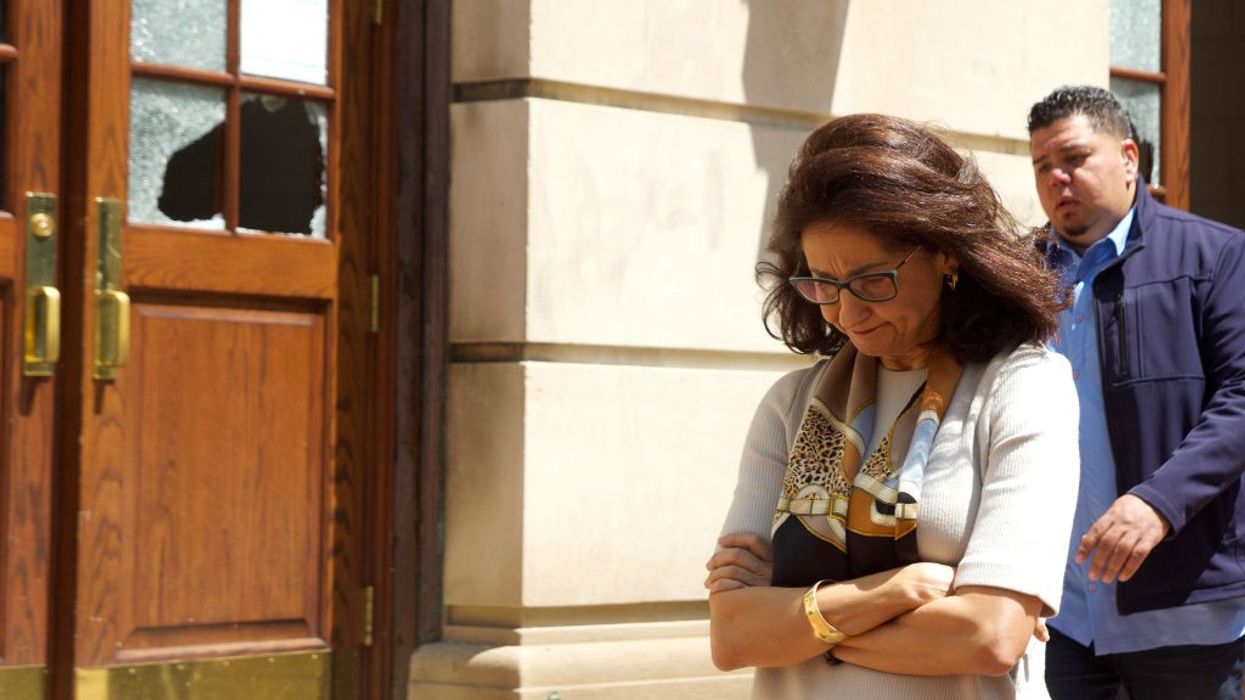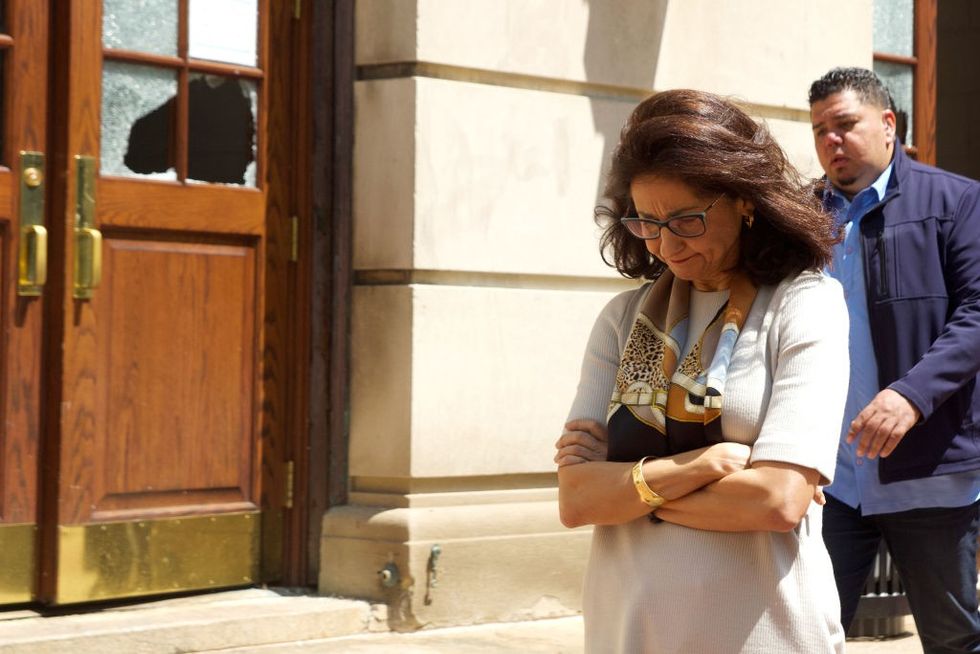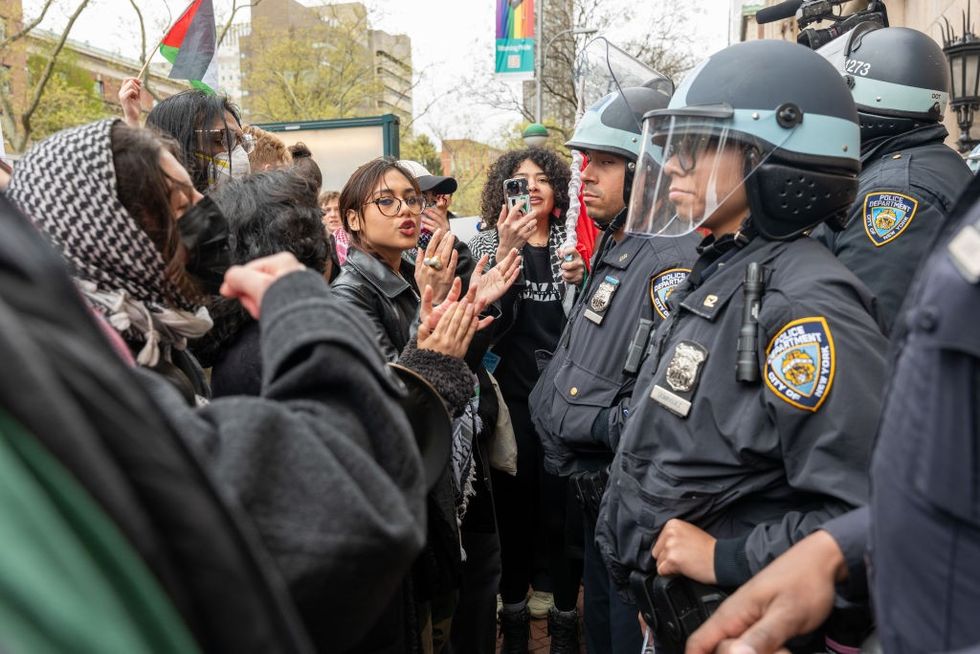Columbia University president steps down after MONTHS of Gaza protests on campus

The president of Columbia University has resigned after fierce protests erupted on campus over 13-months amid the war in Gaza
|Getty

Minouche Shafik steps down just a year after she took the position
Don't Miss
Most Read
The president of Columbia University has resigned after fierce protests erupted on campus over 13-months amid the war in Gaza.
Minouche Shafik steps down just a year after she took the position at the private Ivy League university in New York City.
She announced that she will be leaving the role immediately and returning to the UK to chair a review of the government’s "approach to international development".
It comes after intense protests were carried out by students in the wake of Israel-Hamas conflict.
 The president of Columbia University has resigned after fierce protests erupted on campus over 13-months amid the war in Gaza | Getty
The president of Columbia University has resigned after fierce protests erupted on campus over 13-months amid the war in Gaza | GettyIn April, Shafik authorised New York Police Department officers to swarm the campus - a controversial decision which saw the arrests of about 100 students who were occupying a university building.
The outbreak of demonstrations made some Jewish students feel unsafe when protests became violent.
Announcing her resignation, the Egyptian-born banker said her time at the university included "a period of turmoil where it has been difficult to overcome divergent views across our community".
In an email to students and faculty, she wrote: "This period has taken a considerable toll on my family, as it has for others in our community.
LATEST DEVELOPMENTS:
"Over the summer, I have been able to reflect and have decided that my moving on at this point would best enable Columbia to traverse the challenges ahead.
"I am making this announcement now so that new leadership can be in place before the new term begins."
She is the fifth Ivy League president to step down in a year.
Shafik was accused in April of not doing enough to tackle antisemitism on campus.

The outbreak of demonstrations made some Jewish students feel unsafe when protests became violent
|Getty
Demonstrators claim they were carrying out "legitimate protests" against what they viewed as an unjust war on the Palestinians.
"I have tried to navigate a path that upholds academic principles and treats everyone with fairness and compassion," Shafik said in her resignation letter.
"It has been distressing — for the community, for me as president and on a personal level — to find myself, colleagues, and students the subject of threats and abuse."










